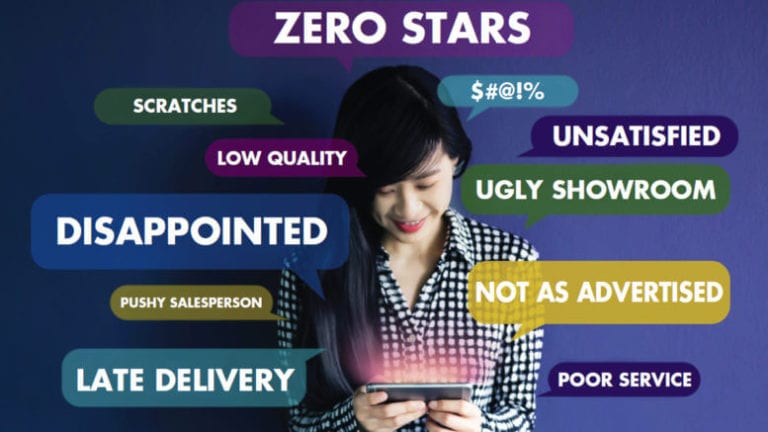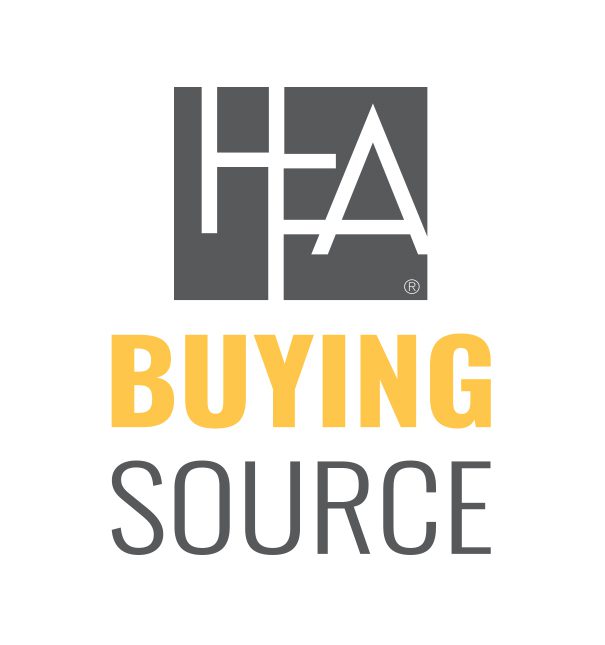Here’s how to make the right hires in tight job markets
How important is it to make the right hire in your furniture store? You already know the answer to that one. But how do you make the right hire? Ah, that’s the real question. A Glassdoor survey reports that retailers who invest in a good candidate screening process improve the quality of their hires by 70 percent.
One company that does a particularly good job of screening candidates is Paychex, a payroll processing, human resources and employee benefit outsourcing and consulting firm.
According to Leah Machado, the firm’s senior director of human resource services, retailers need to refine their hiring processes like never before. “As the labor market has tightened and unemployment has gone down over the past several months, hiring has become a challenge for businesses of every size,” she says. “There are simply not enough qualified employees for the number of open positions.”
The numbers certainly support that view. The national unemployment rate remained at 3.7 percent in November, a 49-year low. As the pool of eligible workers shrinks, so, too, does the number of qualified workers. So making the right choice the first time is critically important.
Also contributing to the slowdown in hiring by small businesses is a more discouraging trend: Americans are forming fewer companies. It’s a trend that began roughly three decades ago and worsened after the Great Recession. Fewer people could afford to start businesses as the availability of funding, such as borrowing against a home, began drying up. In addition, some industries, like retail and banking, are increasingly dominated by huge chains, thereby discouraging smaller competitors.
Americans started 414,000 companies in 2015, the latest year for which data are available, compared with an average of 524,000 annually in the five years before the recession, according to Census figures.
“Small businesses are hit by a double-whammy: (Startup) rates have been low and falling for a long time, so the relative importance of small businesses in hiring has been declining,” says Giuseppe Moscarini, an economist at Yale University. “And small firms now are facing poaching rates typical of a healthy market, so they have a hard time retaining employees.”
Moscarini’s research has found that small businesses — defined as those with fewer than 50 employees — typically hire most aggressively at the end of recessions and early in economic recoveries. That’s when plenty of workers are available and generally don’t require generous starting salaries. By contrast, larger companies — with more than 500 employees — tend to accelerate hiring later in economic expansions.
“With unemployment low, big businesses tend to poach and attract workers from smaller companies that don’t have the financial resources to keep up,” says Mark Zandi, chief economist at Moody’s Analytics. “Evidence suggests that small businesses are the principal casualty of a tight job market.”
Machado highlights five background checks retailers should perform on any new hire before making an offer. They can save time and give small enterprises a better chance to compete against larger employers:
Reference checks
An oldie but goodie. This is one of the main foundations of the background screening process. Reference checks give small businesses a good idea of whom they are considering since past performance often dictates future expectations.
Red flags include a reference the candidate asks you not to contact. Most states have laws governing what can and can’t be disclosed, but job performance is on the table in many.
Machado says these checks serve an important social purpose.
“For industries like health care, education and child care, home care and fields that take on so much responsibility with vulnerable populations, these background checks can – and should – be stringent,” she says.
But they are equally valuable in retail when a candidate might have face-to-face dealings with your customers, whether in a showroom or when delivering furniture.
Work and education verification
Business owners want to be sure the information provided is truthful, but they also need to be aware of the law. Small businesses should be familiar with the Fair Credit Reporting Act and other laws at the local, state or federal level that are designed to protect candidates.
The FCRA has several requirements, including getting signed consent from the candidate. As far as education verification, contacting an admissions and records office is a common route. Social media audits can also be included.
[Hiring for the holidays? Here are tips to protect you]
Criminal records
There are many circumstances where these are mandatory. They include past arrests as well as warrants and even pending charges. If you are hiring someone who might be handling money or interacting with customers, you want to be aware of a candidate’s criminal history.
Driver’s License verification
If you’re a furniture store with employees who deliver your products or drive for other business reasons, verifying that candidates have a valid driver’s license is important. There’s a simple way to do just that: E-verify is a government agency that uses two-part authentication.
Drug testing
“Employers can make an offer contingent on passing a drug test,” Machado says. “However, they can’t issue a request for that drug test until a conditional offer is actually made.”
Besides pre-offer screenings, there are other ways to make good hires. Retail expert Bob Phibbs remembers being invited to a retail store’s opening to evaluate the store’s employees. Phibbs was disappointed. “I discovered all of the employees were bland, boring and bad,” he says. “The problem was that none of them were customer-focused. Without that, the store would fail disastrously.”
Phibbs asked the retailer why he hired the workers. “He explained, ‘I just wanted to be sure they wouldn’t steal from me,’” said Phibbs.
While the chances of a great hire are about 50 percent, many retailers continue to pick the wrong employees over and over.
Phibbs offers his own tips for making the right hire:
Limit your hires
While most retailers think they should hire lots of part-timers to maximize their flexibility, that often means you have more employees who are disengaged from your brand’s success. If they are working two, three or four jobs, they don’t have the time to settle into your culture. In fact, they may be bringing another culture to your business – which may not be good.
Play well with others
While it’s great that your applicants have outside interests and hobbies, many times these activities take place online or as an individual. Retail requires the exact opposite. During your interview, you’re looking for evidence that candidates are engaged in the real world with other human beings, so craft your questions accordingly.
Past behavior determines future behavior
Interview questions about a candidate’s future plans are a poor gauge of how an applicant will work in your business today. Form your interview questions around specifics: “Give me a time you went out of your way for a customer,” etc. If they can’t give you such details, it is rare they will do that for your customers. Likewise, when they can tell you specifics based on their past, they know how to deliver that desired behavior.
Sell them on working for you
It’s not enough to grill new applicants – you have to sell them. Talk about your history, how you view the environment you have created for your customers, what remarkable service looks like, how you want customers to feel and what your management style is.
This is one of the most forgotten aspects of hiring. The truly great applicants will see how you are a fit for their personal style of working and be more inclined to take a job, should you decide to offer it to them.
Don’t trust your gut
If an applicant is telling you everything you wanted to hear about her abilities, successes and how she’ll put that to work with you, find something not to like about her. Gut instincts can trip you up, so ask something like, “I’m sure you can agree no one is perfect. Can you give me a time you didn’t give great customer service and how you handled it?”
The great employees can pinpoint such a time and tell you what they would have done differently if they had the opportunity or how it was resolved. The poor employees will just tell you it never happened.
Hire after a cooling-off period
You’ve had that experience when you meet someone who just clicks. Don’t hire on the spot! Have him call you back at 4 p.m. the next day, after you’ve had a chance to call his references. After you’ve seen other people. After he’s had a chance to sweat a bit on whether you will hire him. That keeps you firmly in control as an employer.











